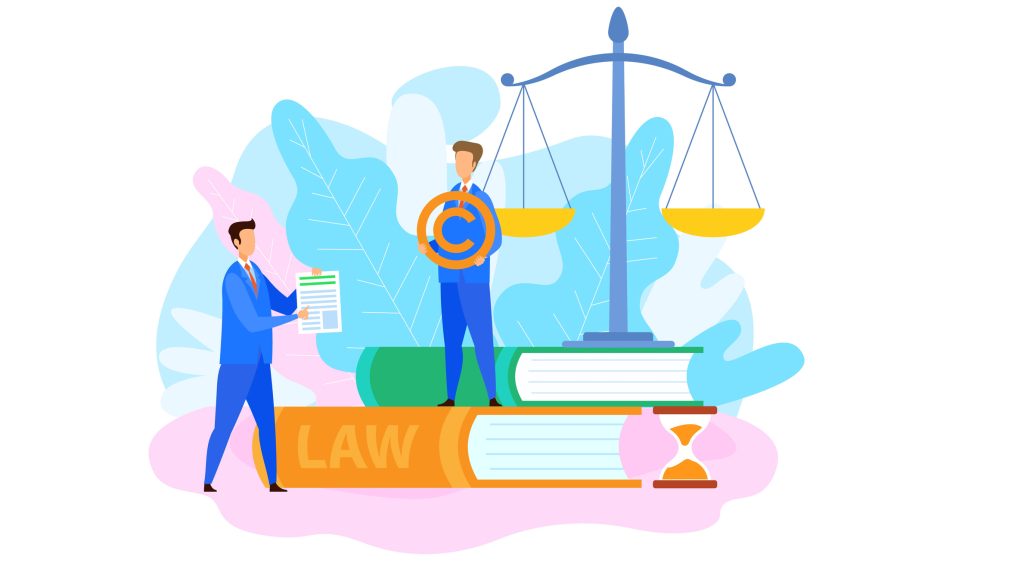The EU has just released the much-anticipated Code of Practice for General-Purpose AI, which includes 3 chapters, including one dedicated to Copyright. This isn’t new law, but it’s a critical piece of the puzzle for how AI & Copyright will operate in Europe.
The Code is a guidebook designed to show General Purpose AI providers how to comply with the landmark EU AI Act. It translates legal obligations into practical steps. So, what does the Copyright Chapter say about protecting creative work?
Here are the key takeaways:
- Respecting Reservations of Rights: The AI Act reinforces the right for creators to opt their work out of being used for AI training. AI companies must respect reservations when expressed in “machine-readable means”. The Code of Practice specifically recognizes the robots.txt protocol and encourages the development of additional state-of-the-art standards for this purpose.
- Protection from Search Engine Penalties: The Code encourages companies that also run search engines to ensure that when a creator opts their work out of AI training, it doesn’t negatively impact how that work is ranked or displayed in search results.
- Focus on Lawful Data: The era of indiscriminate scraping is being challenged. The Code outlines processes for AI providers to avoid using data from sources that clearly infringe copyright, such as known pirate sites, and to respect technical barriers like paywalls. The goal is to ensure the data fueling AI is lawfully accessed.
- Mitigating Infringing Outputs: The Code directs AI providers to implement measures to reduce the risk of their models generating outputs that reproduce copyrighted content without authorization. This is about preventing the AI from regurgitating protected material it was trained on.
- Transparency and A Formal Channel for Accountability: AI companies are encouraged to publish a public-facing summary of their copyright policies. Internally, they must maintain a comprehensive copyright policy in a single document. Crucially, they must designate a point of contact and establish a formal process for rightsholders to submit detailed and substantiated complaints regarding a company’s adherence to the Code’s commitments, and to receive a timely and non-arbitrary response.
The Law vs. The Guidebook
It’s vital to understand the distinction here:
- The EU AI Act is the LAW. Compliance is mandatory. It sets the legally binding rules, including the requirement to respect copyright and data reservation opt-outs.
- The Code of Practice is a VOLUNTARY roadmap. By following the Code, AI companies can demonstrate how they are meeting their legal obligations under the AI Act. It provides a path to compliance, but the legal duty comes from the Act itself.
When does this take effect?
The rules in the EU AI Act for general-purpose AI models will begin to apply in August 2025. The AI Office will start enforcing these rules for new models one year later (August 2026) and for existing models on the market two years later (August 2027).
The release of this Code of Practice marks a significant moment in the EU’s effort to govern AI. While intended to create a more transparent ecosystem, its ultimate impact on balancing innovation with the protection of intellectual property will unfold in the months and years to come.

